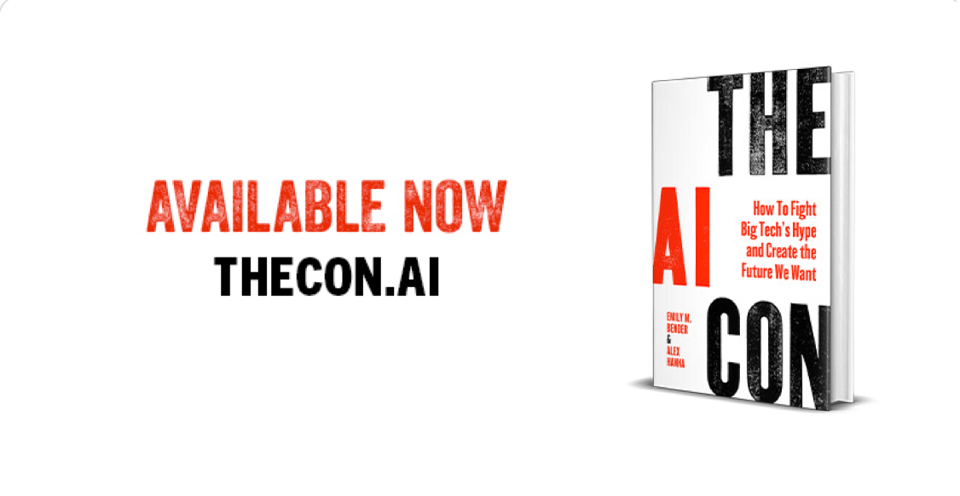I'm Obsessed with the Glasgow Willy Wonka Scam
I'm Obsessed with the Glasgow Willy Wonka Scam

By Alex
I can't stop thinking about the Glasgow Willy Wonka Scam from last month. Or as its promoters called it: "Willy's Chocolate Experience." Unless you've been under a rock for the past month or you're not an incredibly online gremlin like myself, you've probably heard of the scam in Scotland, an event widely promoted in the area but, in the end, being a drab warehouse with several large prints of AI-generated posters, befuddled actors reading AI-generated scripts, and very sad children being given rationed lemonade and jelly beans. I really encourage you to watch the extended footage.
The promoters of the show charged 35 pounds (~USD$45) and the crowd was so outraged they called the Arbiters of Western Social Problems, the police. The AI-generated images displayed a candied wonderland with lollipops and a brilliant Windows XP landscape, painted in vivid oranges and pinks, but featuring the telltale signs of machine-generation: fucked up fingers and fake Latin characters which spell nothing in particular. The script for the actors makes no sense, goes on for pages, and features new figures, including one called The Unknown, a haunted chocolatier who lived in the walls. Our producer, Christie Taylor, said The Unknown reminded her of the Babadook. I am fairly sure these two are cousins, if not siblings.
There's also something called the "Anti-Graffiti Gobstopper", which The Unknown covets, and it somehow... cleans socks?
Willy McDuff: This fiendish foe has long coveted one of my most cherished creations—the Anti-Graffiti Gobstopper. A marvel of confectionery science designed to aid, oh, not just any soul, but the tireless guardians of cleanliness, our beloved mums... and yes, dads too, but especially mums, from the endless scourge of dirty socks strewn about by youthful adventurers.
(A murmur of amusement and agreement ripples through the audience.)
I think my favorite part of this script is that it tells the audience how they should feel.
Scams are not new, of course. I'm no historian or paleo-anthropologist but I'd venture that there have been scams as long as their have been humans engaging in exchange. A scammer is a bullshitter, but distinct in important ways. There's been an interest in pondering the ontology of "bullshit" since the publication of Harry Frankfurt's influential essay On Bullshit and the subsequent book Calling Bullshit by Carl Bergstrom and Jevin West. These are welcome interventions in adjudicating the nature of truth claims and what they do in the world, and how particular artifacts of our modern intellectual world--data visualizations, maps, and important-sounding jargon--act as technologies of bullshit. The con is also different from the hustle, of which sociologist Tressie McMillian Cottom has highlighted works as a means to deepen racial inequality. Everyone's got a hustle--Uber, Lyft, DoorDash, and Amazon have made sure of that--but hustles work differently across class, race, and gender. Hustles aren't a means of defrauding, but are a means to eat.
I think we need a similar theorization of the scam, grift, or the con. We're surrounded by cons and con-people: the Fyre Festival (and the need to have not one, but two documentaries around it), Elizabeth Holmes and Theranos, Shaun King and his multiple cons around Black Lives Matter and--more recently---his conversion to Islam at the beginning of Ramadan in "solidarity" with Palestine, and George Santos's whole schtick. The con-person relies on bullshitting, but not all bullshitters are con-people and vice versa. The Venn Diagram approximates a near circle, though.
I posed the need to theorize the grift (which, here, I'm using synonymously with "con" and "scam") to Twitter and historian of computing Kevin Baker pointed me to an essay by none other than Erving Goffman, a major figure in sociological thought. In an 1952 essay, "On Cooling the Mark Out", Goffman argues that the "con" is a way of getting money under false pretenses, and differs from something like white-collar crime, which is "practiced on organizations by persons who learn to abuse positions of trust which they once filled faithfully." I'm a bit skeptical of this differentiation--whole industries revolve around particular types of cons, and I'm reminded on Charles Tilly's comparison of the modern nation-state as a type of organized crime, but with the "advantage of legitimacy." Many cons have legitimacy, and both organizations and their respective technologies aid in making them seem legit.
Bracketing the theorization of the grift/con/scam, I do want to spend some time on how technologies of scams have evolved. Some new technologies allow new scams to flourish, some tech allows existing scams to grow in both scale and kind, and some tech makes existing scams much more widespread. Something like cryptocurrency looks like an older form of scam--say, the pyramid scheme of the multi-level marketing operations--but with a sheen of novelty. So-called "parcel scams" (in which individuals receive Mandarin-language calls and are instructed to call the Chinese consulate) are a novel take on older phone-based scams. Email brought us the 419 scam, which asked marks to move money in the service of rich or royal Nigerians. Science and technology studies scholar Winifred Poster edited a whole special volume in New Media and Society on scams and the digital economy. I haven't read it yet, but it looks incredible.
AI is no different on the continuum of cons; the scams are plentiful because the sheer amount of synthetic media can be done so cheaply. But this, I think, makes the AI scam novel in kind, not just in scale.
And this is why I'm so taken by the Willy Wonka story. It's got it all: AI-generated garbage marketing, scripts that make absolutely no sense (produced by text-extruding machines), copyright infringement and questionable trademark practices ("Willy Wonka" is never used in their copy anywhere, and the narrator is named Willy McDuff, which sounds like a Simpsons-inspired MacBeth-killer), exploited workers not knowing what they were getting into, and, of course, frustrated and crying children with their livid parents. The "House of Illuminati", the show's producers, really encapsulated all the shittiness of our AI-generated future in one single, dreary warehouse in the UK. The scam may have happened without all the sunshine and rainbows present in the marketing copy, or without the 15-page script that was summarily abandoned. But that's also not the issue. Cheap bots ensure that this won't be our last Willy Chocolate Experience.
